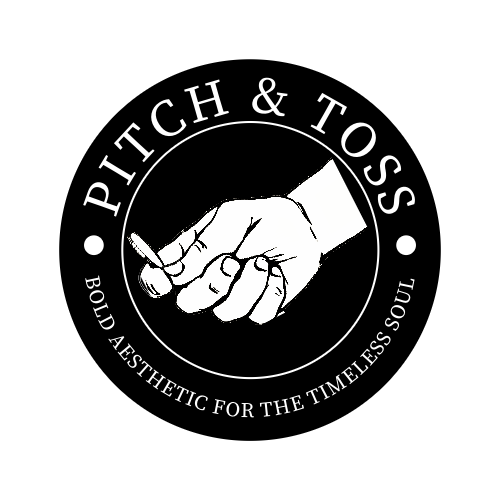“Realize deeply that the present moment is all you ever have,” writes Eckhart Tolle in his transformative book, The Power of Now. This profound insight serves as the cornerstone of Tolle’s teachings, urging readers to live fully in the present rather than being consumed by past regrets or future anxieties. The book has become a modern spiritual classic, praised for its ability to enlighten and guide individuals toward a more mindful and fulfilling existence. This article aims to delve into the history of The Power of Now, explore its profound wisdom and themes, and inspire readers to embrace its teachings in their daily lives.
History
Eckhart Tolle, born Ulrich Leonard Tolle in 1948 in Germany, endured a challenging early life marked by depression and existential dread. After studying at the Universities of London and Cambridge, Tolle experienced a profound spiritual awakening at the age of 29, which drastically altered his perception of life and self. This pivotal moment led him to leave academia and dedicate himself to understanding and teaching spiritual enlightenment.
The Power of Now was born from Tolle’s deep insights and personal experiences. Published in 1997, the book initially gained traction through word of mouth, before Oprah Winfrey’s endorsement propelled it to global acclaim. It has since been translated into numerous languages and continues to impact millions worldwide, offering a pathway to inner peace and spiritual growth.
Wisdom and Themes
The Power of Now is not a narrative with a plot or characters but a guide to spiritual awakening. Tolle introduces readers to the concept of the “pain-body,” the accumulated pain of past emotional experiences, and the ego, which perpetuates suffering through incessant thinking and identification with the mind. He emphasizes the importance of “being present” and disconnecting from the mind’s ceaseless chatter to experience true peace and happiness.
Central to the book are themes of mindfulness, the impermanence of the self, and the illusory nature of time. Tolle eloquently argues that clinging to past or future thoughts disconnects us from the only reality that exists: the present moment. “The past has no power over the present moment,” he asserts, encouraging readers to let go of their mental attachments and fully engage with the now. This shift in consciousness, he suggests, can alleviate suffering and bring about a profound sense of peace.
The wisdom imparted by Tolle is both simple and profound. He teaches that through mindfulness and presence, individuals can transcend the ego and experience a state of deep inner peace. Practical exercises, such as focusing on the breath and observing thoughts without judgment, help readers apply these teachings in their lives. By embracing the present moment, Tolle assures us, we can unlock the door to a more fulfilling and enlightened existence.
Conclusion
Eckhart Tolle’s The Power of Now offers timeless wisdom that resonates deeply in today’s fast-paced, often stressful world. Its teachings on mindfulness and presence provide a pathway to inner peace, urging readers to let go of past regrets and future anxieties. For anyone seeking a more meaningful and serene life, The Power of Now is an essential read, filled with profound insights and practical advice. Embrace the now, and discover the transformative power it holds.
Want to add this to your collection?
For Audiobook, eBook, or Physical Copy, click the link.
Tags
#Mindfulness #PresentMoment #InnerPeace #SpiritualAwakening #EckhartTolle
Recommended Works
A New Earth by Eckhart Tolle
The Miracle of Mindfulness by Thich Nhat Hanh
The Untethered Soul by Michael A. Singer


